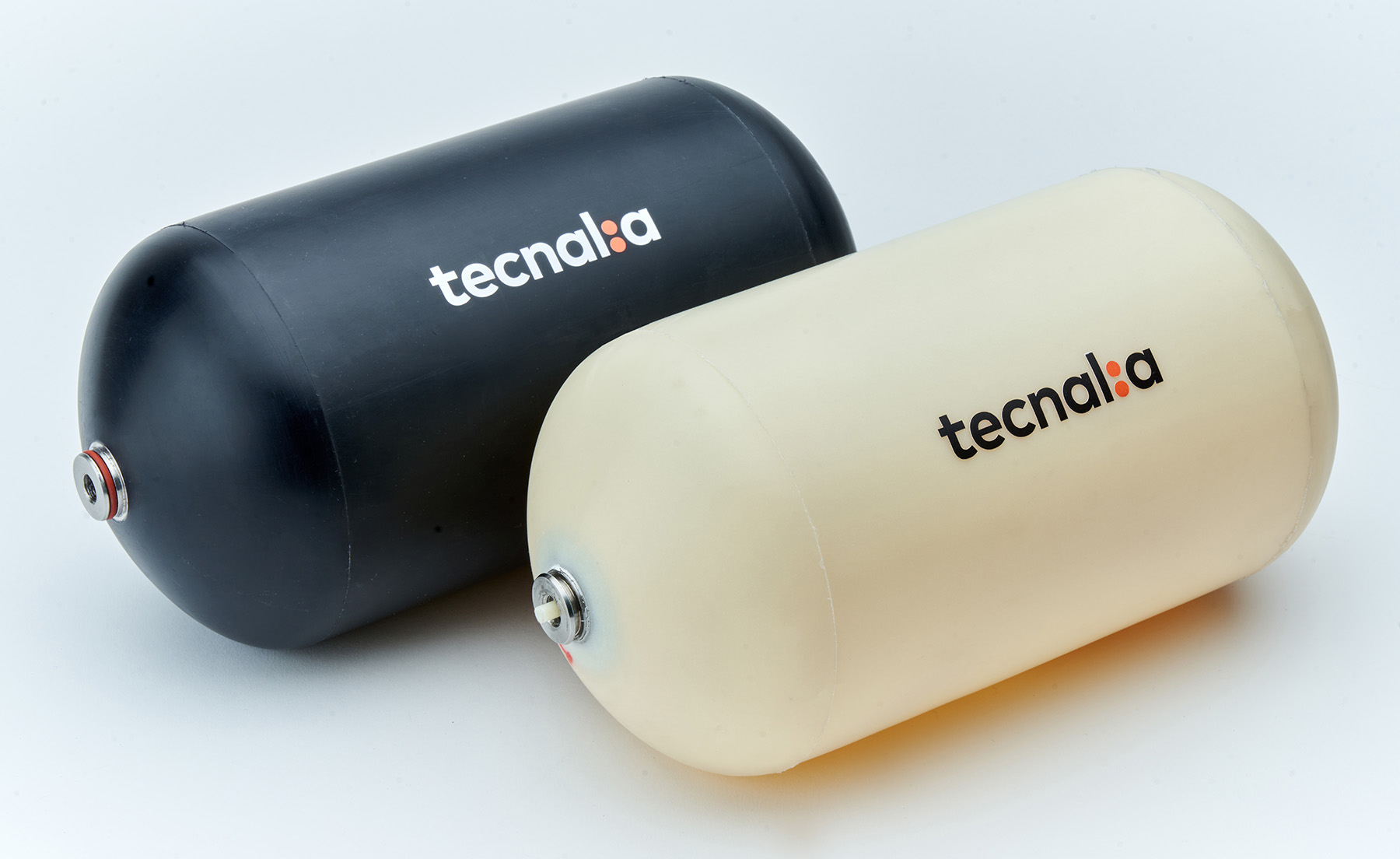“TECNALIA brings to the project its extensive experience in materials designed for extreme conditions”
Innovative solutions for safe and sustainable storage and transport of hydrogen
The Basque Country has taken an important step towards a more sustainable future with the launch of ONTZHI-II, a key project for the development of the hydrogen economy: it aims to develop technology that allows hydrogen to be stored, distributed and transported safely, sustainably and efficiently.
To this end, the project addresses some of the major challenges facing the sector, such as preventing hydrogen embrittlement of certain metals, reducing gas leaks and losses, and designing lightweight, sustainable and recyclable tanks, especially for use in mobility.
The ONTZHI-II consortium is made up of leading centres of the Basque Science, Technology and Innovation Network; TECNALIA, CIDETEC, GAIKER, TEKNIKER, MULTIVERSE COMPUTING RESEARCH and MLC-ITS Euskadi.
Together, they develop innovative solutions to protect materials that will be in contact with hydrogen, develop new, stronger and lighter composites, improve piping and hydrogen pipelines, and advance in simulation and analysis techniques to better understand how hydrogen interacts with metals.
TECNALIA plays a central role in the most strategic lines of action
- Management and coordination of the consortium, ensuring technical, administrative and scientific compliance.
- Research into composite tank solutions for mobility, with the development of innovative manufacturing processes and hydrogen barrier coatings.
- Research into solutions for metal tanks and piping: improving weld behaviour against hydrogen embrittlement and development of barrier coatings.
TECNALIA brings to the project its extensive experience in materials designed for extreme conditions, the development of advanced composites and surface engineering technology.
It will also provide the consortium with state-of-the-art equipment, such as specialised hydrogen laboratories, electrochemical testing systems and non-destructive inspection techniques.

